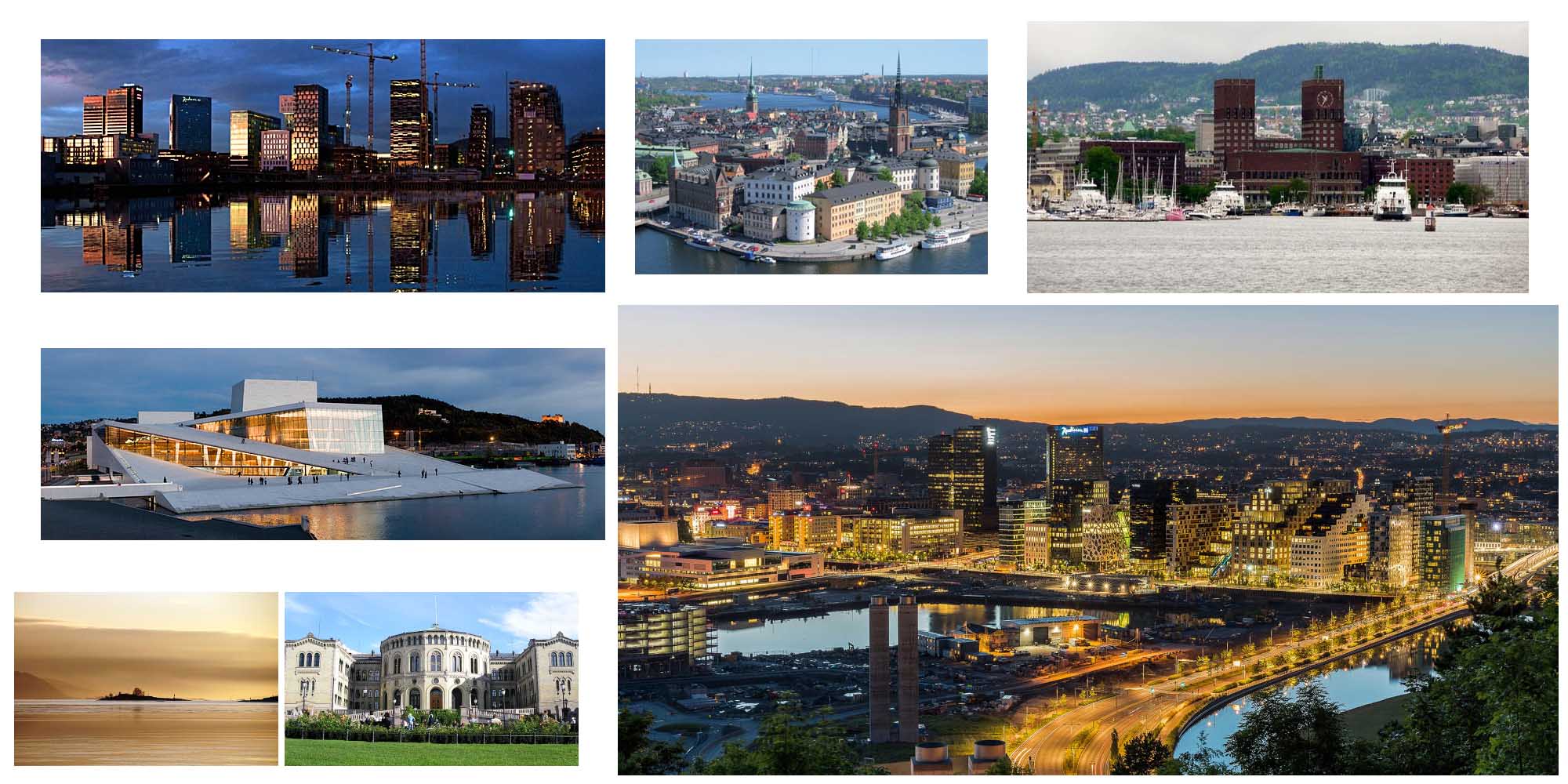Norway is officially a constitutional monarchy, ruled by King Harald V and Queen Sonya. The government operates on the principles of parliamentary democracy. Although monarchs have no political power, they are extremely important to the national identity and enjoy great respect both in the country, and in the world. Every four years, they are universal, democratic parliamentary elections (Storting), counting 165 members. The right to vote in both local elections, as well as universal are possessed by all citizens above 18. age.
There are few unusual phenomena in the political life of Norway. The largest conservative party, Right, by European standards it is moderate. Communist parties have very few supporters. There aren't any far-right, neo-Nazi movements.
The largest of the six major parties, represented in parliament, is the Norwegian Labor Party; currently occupying 65 places. It supports social democratic ideals and high taxes, which are to enable the implementation of a wide-ranging social program. In years 1986-1995 this party was headed by Norway's first female prime minister, Gro Harlem Brundtland. She was succeeded by the chairman of the Norwegian Labor Party, Torbjorn Jagland, who resigned after a year due to declining support for the party. In the elections in 1997 r. a coalition of Christian Democrats and a liberal and centrist party won, and the government was headed by a prime minister from the ranks of Christian democracy, Kjell Magne Bondevik. The next general election is to be held in 2001 r.
The Prime Minister of Norway is working with 18 ministers, who are responsible for the various areas of government activity. In addition to the national government, each of 19 circles (fylkei) and each of 435 municipal and rural municipalities have their own, local authorities, responsible for building and maintaining schools, hospitals, roads and local infrastructure.
Internationally, Norway was a founding member of the League of Nations in 1920 r. and the United Nations in 1945 r. W 1949 r. became a member of NATO and joined the OECD. He is currently a member of the European Free Trade Association (EFTA), but is reluctant to join the European Union (tooth. earlier subsection History).
